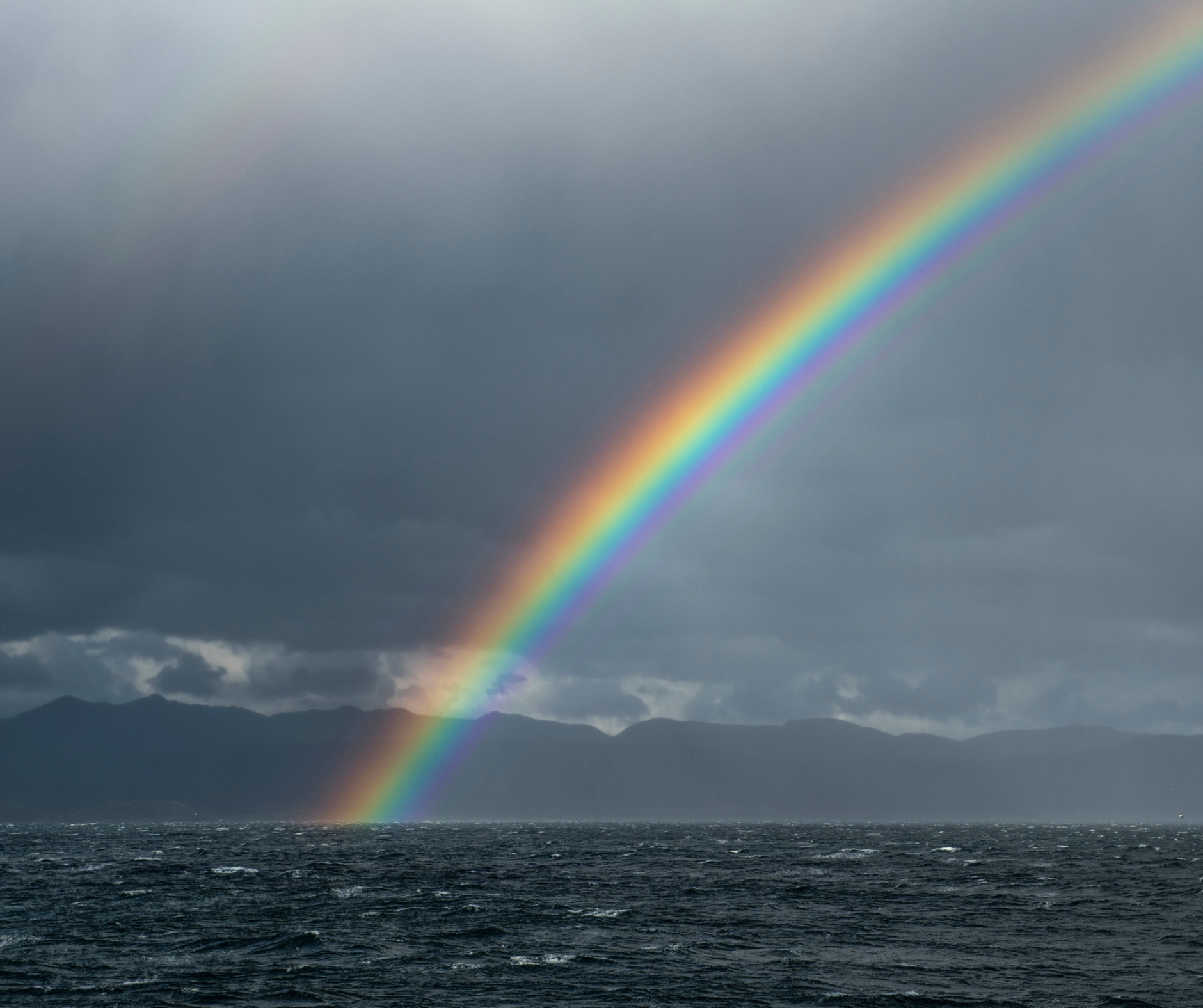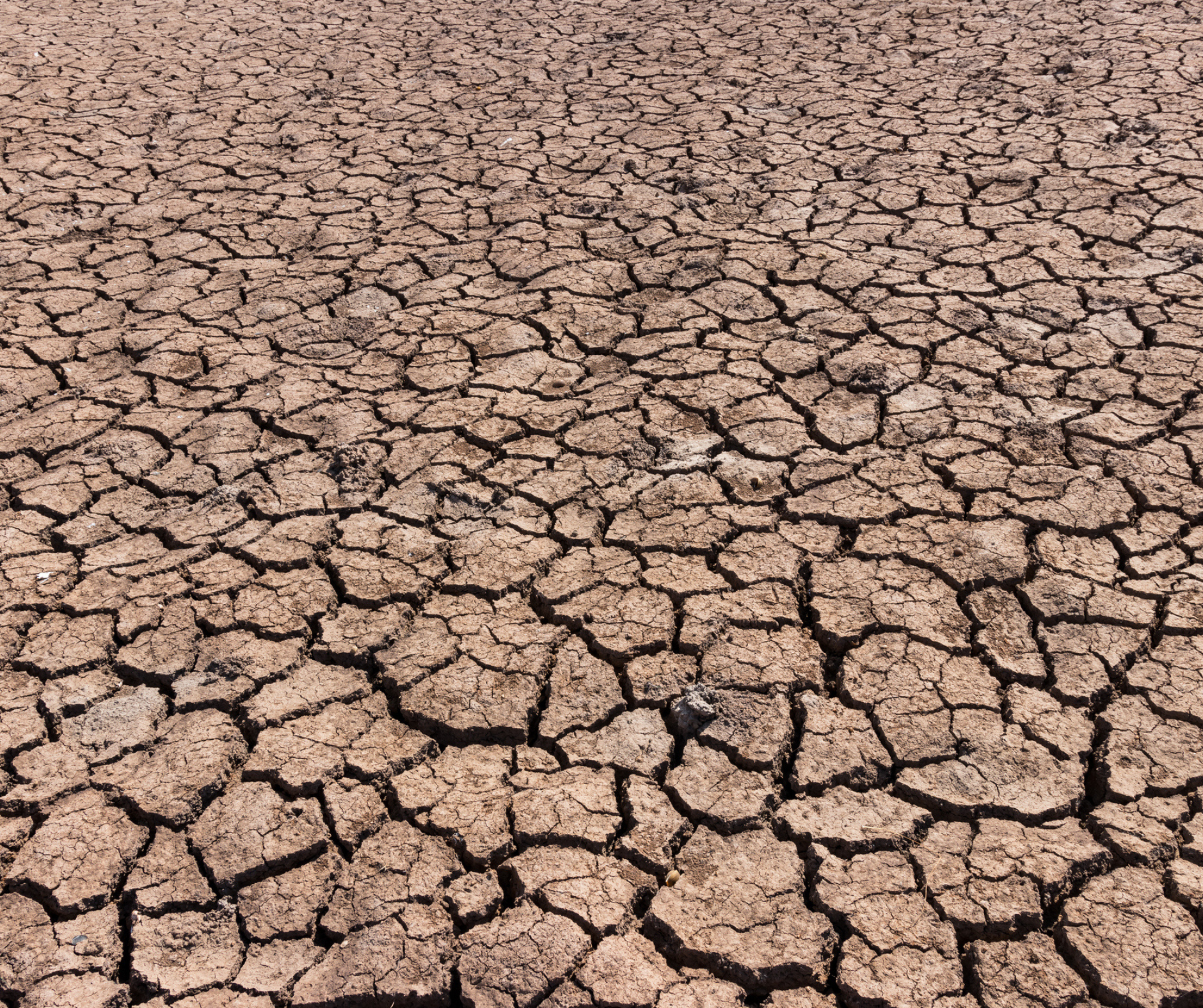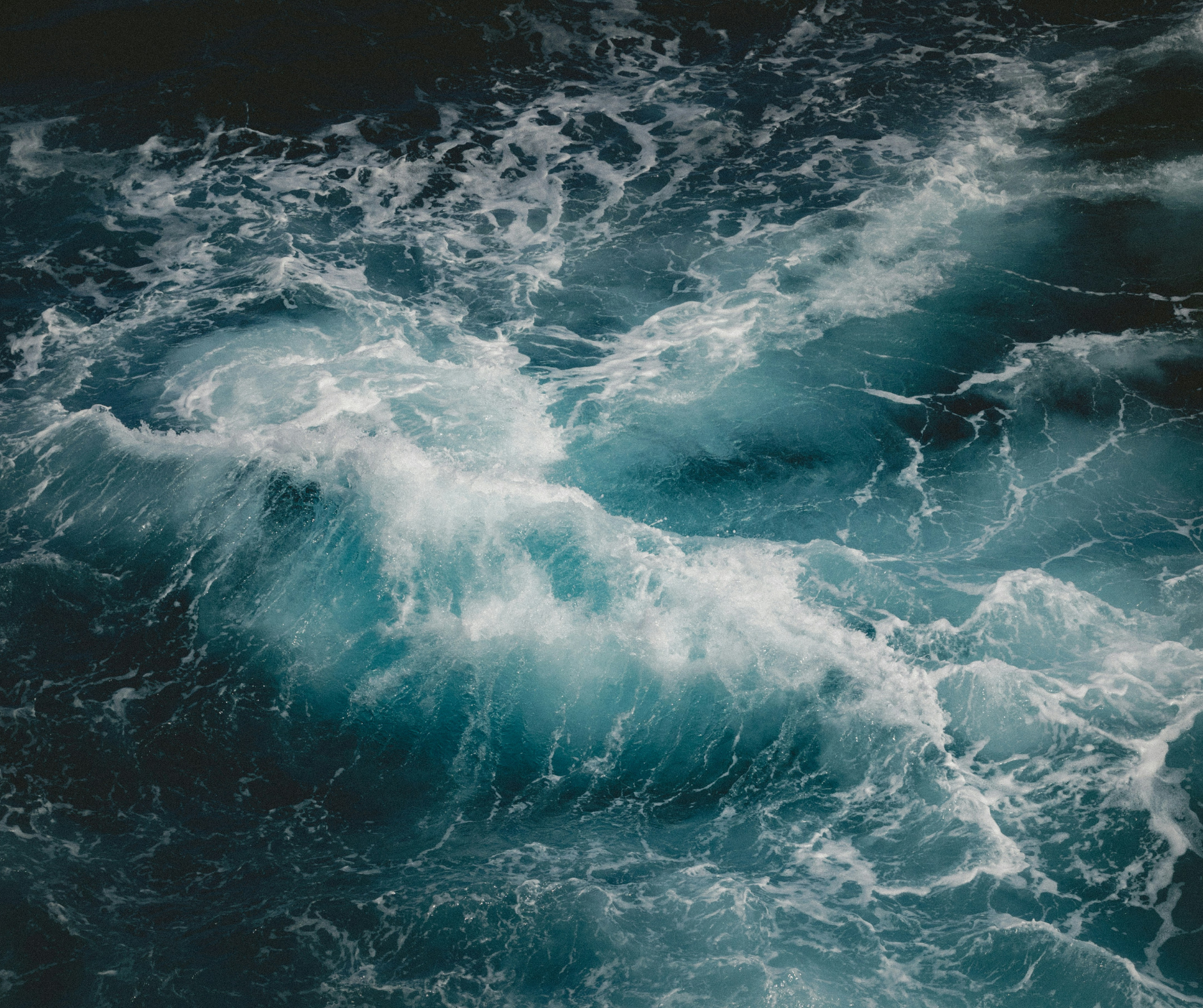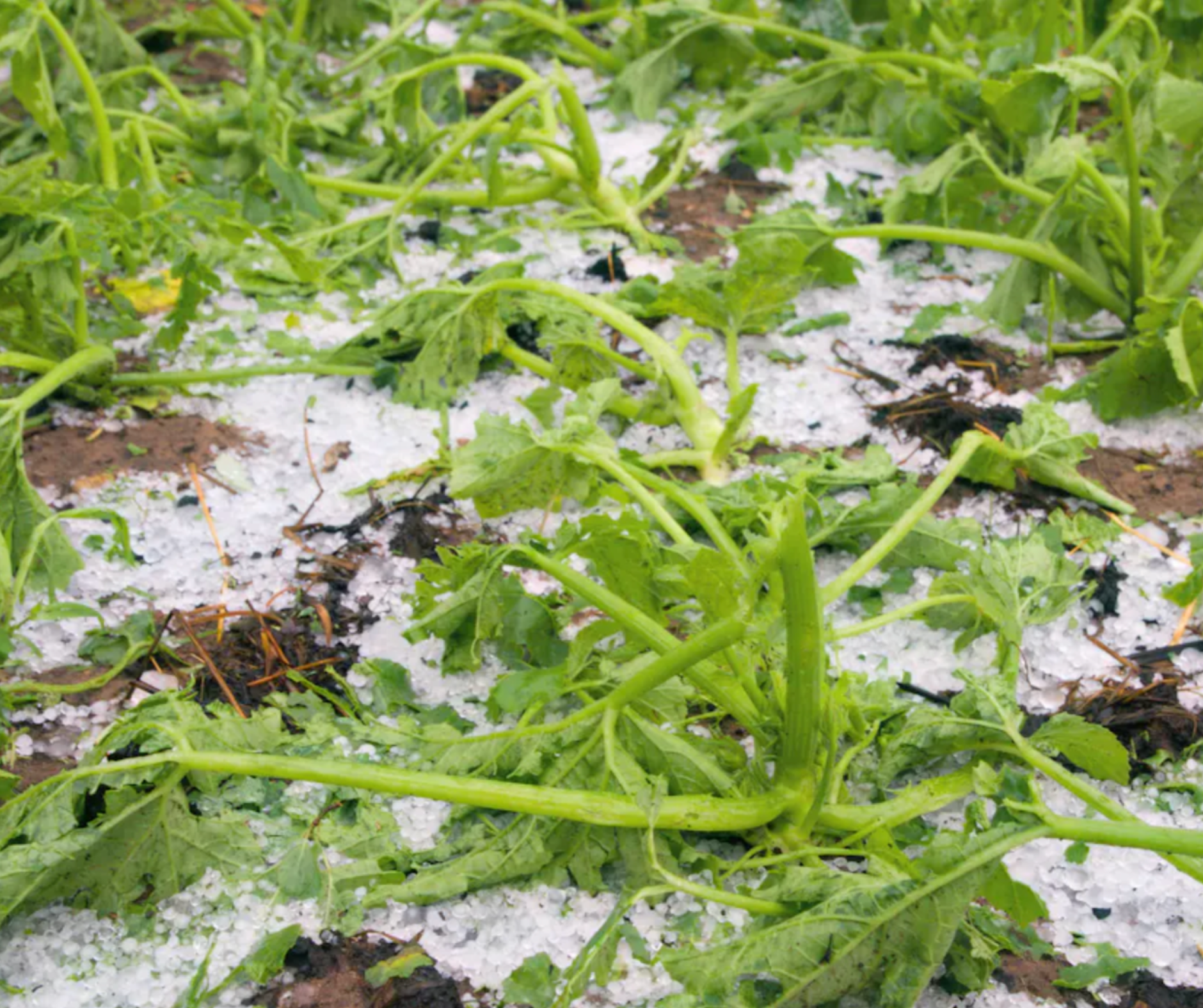The science behind climate extremes is fascinating and diverse.
Our experts love to share their work with the media, websites like The Conversation and here at climateextremes.org.au – here’s some of their latest articles.
Note: sometimes we also share work and articles from researchers and organisations not directly affiliated or funded by our Centre. We love to share interesting work done by others in our field. If you’d like to share or adapt our work, please get in touch – email clex@unsw.edu.au
-
The Southern Ocean has the cleanest air on Earth. We have just discovered why

The reasons for the pristine air in the Southern Ocean have long remained a mystery. This new study reveals that clouds and rain play a crucial role in scrubbing the atmosphere clean.
-
Why is Australia’s east coast copping all this rain right now? An atmospheric scientist explains

Parts of Sydney were drenched in more than 100mm of rain overnight and the main dam that supplies the city’s drinking water is expected to spill in coming days. At least one man has died in Queensland floodwaters after torrential rain. This wild weather is caused by the “Black Nor’easter”.
-
A 20-year ‘mega-drought’ in Australia? Research suggests it’s happened before – and we should expect it again

Natural variability in Australian rainfall can produce “mega-droughts” lasting 20 years or more. If we add in human-caused climate change, it suggests future droughts will be far worse than we imagined.
-
Bizarre trends in Southern Ocean precipitation lead to new discovery

New research suggests that increasing precipitation trends in the Southern Ocean might not be real and could be due to errors in the data caused by changes in satellite instruments over the region.
-
Never two without three: how three successive heatwaves impacted Western Australia in February 2024

Jarrad Rowe, a heatwave expert at the Centre, explains how hot air from the central Australian desert contributed to scorching temperatures in Western Australia.
-
What we know about last year’s top 10 wild Australian climatic events – from fire and flood combos to cyclone-driven extreme rain

In 2023, Australia was hit by a broad range of particularly intense events, with economy-wide impacts. Here’s a summary of 10 major extreme events from last year, ranging from early fires to low snowpack to compound events.
